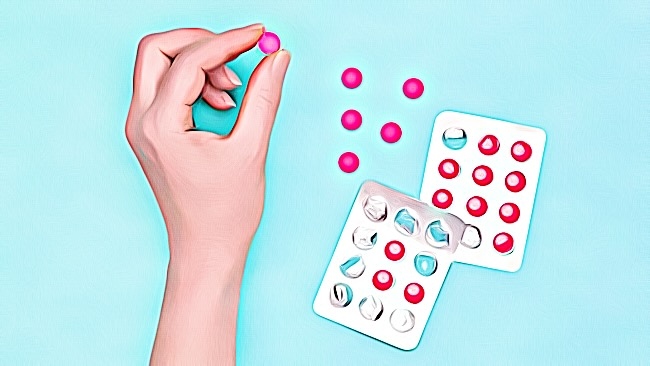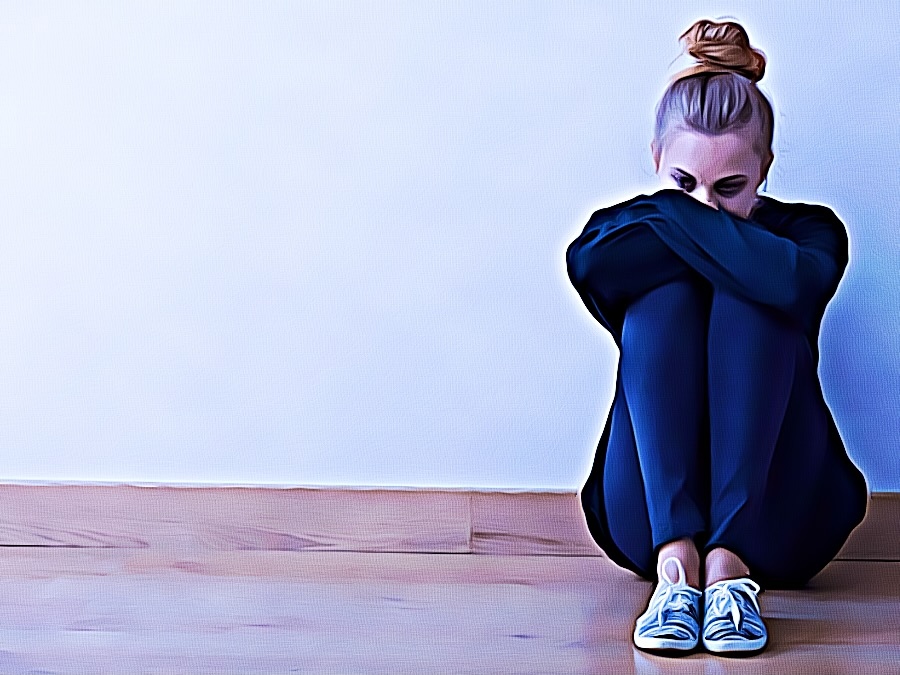At present, there are numerous drugs that people consume to treat their health conditions and prevent medical illnesses from worsening. However, medication should always be taken in moderation and only according to your doctor’s prescription.
When you fail to follow your physician’s orders and go overboard, it could result in unwanted side effects that could put your health at risk. Worse results may involve drug addiction and even overdose.
A typical drug that people can take for granted which have led to adverse effects include Benadryl or diphenhydramine (DPH). For now, we will discuss the results of Benadryl use, a drug made to control allergies, colds, nausea, and insomnia. Keep reading below to learn all about the antihistamine.
How Benadryl Works to Manage Anxiety
Benadryl or diphenhydramine is a medication that some individuals take to control their anxiety. Unfortunately, it isn’t recognized by health experts as a solution to anxiety. On the other hand, its effects involve making people drowsy, which lures others to think it solves their mental problem by feeling less anxious and falling asleep.
Improper use of Benadryl could involve risks, such as long-term consumption to try and reduce anxiety or use it for other purposes. But if your primary concerns include experiencing difficulty sleeping, which is the reason behind your anxiety, the effects of diphenhydramine on insomnia could minimize anxiety.
Risks of Taking Benadryl for Anxiety
Despite the benefits of using Benadryl, people must still take precautions with the medication because of its other effects and easy methods of acquiring it. If you stick to a low or standard dosage as ordered by your doctor or stated by the drug’s instructions, you will likely feel drowsy or sedated.
Because of Benadryl’s sleeping effects, it’s one typical reason that some people are prescribed DPH to help improve their sleep. But if you accidentally take a higher dosage than what you’re required, it could result in undergoing intoxicating and slightly euphoric results.
In some cases, people who took Benadryl for a longer period than what’s expected ended up with hallucinations or delusions. Those outcomes involve a dose that could put a person’s life in danger and cause one to seek addiction treatment if the situation remains the same.
Common Uses of Benadryl
Based on Benadryl’s website, the medication works to relieve allergies using a capsule. The drug is the only brand to comprise acrivastine, a unique active ingredient that takes effect in a matter of fifteen minutes to help reduce your allergy symptoms.
Besides that, Benadryl works for other cases. Anyone experiencing an allergic reaction, coming down with a common cold, and facing signs of hay fever, including itchiness, runny nose, watery eyes, constant sneezing, and skin allergies, can benefit from DPH.
It’s important to know that Benadryl is an over-the-counter prescription medication categorized as an antihistamine. Its primary active ingredient is diphenhydramine. You can consume Benadryl in numerous ways, like taking tablets, capsules, and chewable pills.

You may also have it as a liquid solution or topical cream, gel, spray, or stick. If you are experiencing a hive breakout, you can apply Benadryl to reduce the itching sensation because it’s an effective treatment against seasonal allergies.
When to Stop Benadryl Usage
Often, people don’t know that someone is experiencing addiction, whether to medication or other substances, until it’s too late. It isn’t always obvious and will require you to pay closer attention to your loved one you suspect to be facing addiction.
Most of the time, if you know someone taking DPH and you feel they’re taking it too far, you might be right about their growing addiction if they are often drowsy, exhausted, and restless. A person who always seems confused, has a hard time processing information, and experiences anxiety, depression, and mood swings could be abusing their Benadryl intake.
Moreover, having nightmares and losing appetite are other ways to tell if a person consumes too much diphenhydramine. The more challenging signs you have to watch out for are noticing physical weakness, headache, chest tightness, and gastrointestinal problems.
Understanding Addiction to Benadryl
Abusing drugs, medication, and illegal substances should never be tolerated because it could put your health in grave danger and will be hard for you to overcome addiction if it’s too late. After all, too much of everything can always be bad for you.
Although substance abuse won’t affect your life entirely, the addiction it leads to can ultimately do. If you slowly become addicted to Benadryl and can’t seem to stop using it, even when you don’t have allergies or sleeping problems to manage, it will be difficult for you to quit.
Unfortunately, once you’re addicted and need to give up the drug altogether, it will lead to even more harmful outcomes. When you go cold turkey and try to quit, you are bound to experience withdrawals and feel restless until you get your hands on DPH once more.
Short-Term Effects of Benadryl
Taking DPH for an unusual length of time could turn into addiction before you know it. It could lead to adverse health effects. The short-term consequences are having problems with your memory and thinking, feeling confused, having a rapid heartbeat, and having seizures.
Diphenhydramine addiction could also lower your blood pressure, blur your vision, impact your coordinated movements, give you difficulty urinating, and affect your liver. Fortunately, you can prevent the side effects if you consider checking into an addiction center while it’s still early.
Long-Term Effects of Benadryl
Besides the short-term effects of diphenhydramine, there are also long-term effects. Failing to seek professional help could just make your situation worse and retain your addiction. A possible long-term impact of Benadryl addiction is facing significant changes in your mental capacity.
Your coordination will worsen, the movement of your heart will begin to falter and possibly involve palpitations, and you will start to experience withdrawal symptoms. It could include psychosis, tremors, and seizures too.
It’s also possible for you to develop double vision, trembling feelings, an increased risk of dementia, and kidney and liver problems. If you don’t want your situation to worsen, you should visit a rehab to receive proper treatment as soon as possible.
Signs of Benadryl Overdose
Overdosing on medication happens due to drug abuse, like becoming too dependent on diphenhydramine. Some signs that can indicate a Benadryl overdose include blurred vision, higher heart rate, ringing ears, enlarged pupils, severe agitation, low blood pressure, and seizure.
Other symptoms are being unable to urinate, facing delirium, feeling extreme exhaustion, losing consciousness, suddenly falling asleep, experiencing paranoia, having jitters, losing coordination, being unable to walk, feeling nauseous, and vomiting.
Conclusion
It’s never easy to come out of addiction, but it isn’t impossible, so long as you surround yourself with a reliable support system consisting of your family and friends that want the best for you. While Benadryl may seem harmless at first, if you take it for other purposes that don’t involve health reasons, you will suffer the consequences, especially if you become addicted to it. Benadryl should be taken as a solution against allergies, sleeping problems, and other medical-related conditions and never for different reasons because you could end up abusing the drug. If you believe you’re facing the short or long-term effects of DPH, it’s best to get help from a rehabilitation center while there’s still hope. After all, everyone deserves a second chance to start over and make their life better.
Sources:

